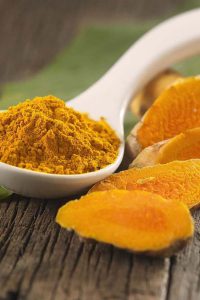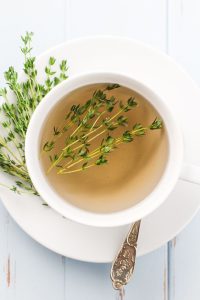Roohealthcare.com – The best way to promote skin health is through a healthy, balanced diet and lifestyle. However, supplements are often necessary to ensure that you’re getting all the nutrients you need.
Aloe Vera is Famous as a Skin Care Ingredient
Try adding these herbal supplements to your routine to achieve glowing, radiant skin. These herbs detoxify and balance pitta dosha, which is crucial to healthy, lustrous skin. As an all-time summertime staple for soothing sunburned skin, aloe vera is well known as a skincare ingredient. But this beachside beauty bud has so much more to offer. The cactus plant naturally grows in arid climates and is home to a clear gel-like substance that houses a treasure trove of benefits. It contains 751 (or more) different compounds including vitamins, minerals, amino acids, sugars, polysaccharides, and phytosterols.
Aloe can soothe burns and heal wounds by stimulating the production of hyaluronic acid and collagen and reducing the appearance of fine lines and wrinkles. It also has antimycoplasmic properties which destroy bacteria that can cause ulcers. Aloe vera can be found in capsules, tablets and powder to take orally as well as in ointments and creams for topical application.

The most expensive spice, saffron is a rich source of a number of wellness benefits. It is a natural skin lightener, helps in regulating blood pressure and is also an effective anti-depressant. Saffron contains compounds like crocetin and safranal that have antioxidant properties. These are believed to protect the body from oxidative stress, improve mood and increase brain function.
Adding Turmeric to Help Get Glowing Skin
Add a few strands of saffron in milk and drink it every night before going to sleep. This will induce a good quality of sleep and keep insomnia at bay. Similarly, adding it to turmeric and milk makes a very effective face mask that will help you get a glowing complexion. However, consuming saffron in large quantity may cause a number of health problems. So, consult your gynaecologist before including it in your diet.
Apple cider vinegar, or ACV, is trending on social media as a wellness elixir. It’s known to help with weight loss, psoriasis and dandruff. It may also tone the skin and ease sunburns. The acidity in ACV works to tighten pores and even out the complexion, while the antibacterial and antifungal properties can kill bacteria that contributes to acne, rosacea, or dandruff. Dilute ACV before applying to your skin, as it can sting if applied too directly.

ACV can also be used as a natural remedy for ingrown hairs, as the acetic acid softens the skin and helps the hair to emerge properly from the follicle. ACV can also be diluted and used as a foot soak to soothe cracked feet. Lastly, ACV can be used as a spot treatment for age spots or warts.
Increases Body Immunity and Maintains Healthy Skin
One of the most popular WEPs, thyme (Thymus vulgaris) is rich in phytonutrients and essential oils. It is known to have antibacterial, antifungal, antiseptic and antineoplastic properties. Thymol and carvacrol are the two main constituents of thyme oil and have been shown to exhibit strong antifungal activity. They can also disrupt Candida biofilms. Thyme is packed with vitamin A and C, which are known to boost immunity. It also contains B-complex vitamins, such as pyridoxine and folates. These vitamins are important for maintaining healthy mucus membranes and skin.
Another benefit of thyme is its anti-inflammatory properties. It has been shown to reduce inflammation by suppressing COX-2 in the body. It can also reduce oxidative stress by activating the antioxidant enzymes GSH and Nrf2. These compounds are responsible for protecting against the damage caused by free radicals. Peppermint leaves and essential oil have many health benefits, especially for the skin. They are rich in antioxidants and vitamin A. They help soothe irritated skin, cool it down and promote circulation. This can lead to a glowing and youthful appearance. Peppermint essential oil has antiseptic, astringent and disinfectant properties.

It also has anti-inflammatory properties and can help reduce pain caused by burns. It contains menthol that helps to relieve itching and irritation. It also has antispasmodic and carminative properties that ease tension and relax the muscles. However, it is important to note that peppermint oil is highly concentrated and should be used sparingly. It should be diluted properly in a carrier oil before application. It is best to avoid using it on infants and people who have a G6PD enzyme deficiency.
Reference :